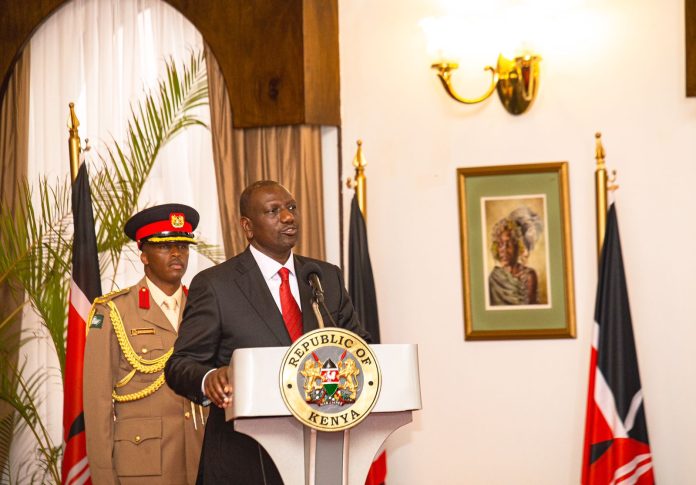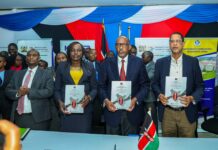President William Ruto proposed an amendment to the 2010 Constitution in a memo to the Speakers of the Bicameral Parliament dated December 9, 2022.
After the Supreme Court ruled in the BBI case that the Head of State lacks the authority to initiate constitutional amendments, the President wants members of the two Houses to initiate the Constitutional amendment process.
Ruto, who took office as the country’s fifth president on August 9 after the hotly contested State House race, has proposed the establishment of an office of the official leader of the opposition to address what he claims is a constitutional shortfall on the full post-election fate of the minority side.
He proposes that Parliament consider amending Chapter 9 of the Constitution to create the office of official leader of the opposition, the functions of which will be outlined in subsequent laws passed by the House.
Such an office, according to the President, would institutionalize governance, strengthen oversight, and deepen democracy in the country.
To improve Parliamentary oversight of the Executive, the President proposes amendments to Parliamentary standing orders to allow Cabinet Secretaries or Chief Administrative Secretaries to participate in Parliamentary proceedings and respond to questions posed by Members of Parliament in their capacity as the people’s representatives and in the execution of their oversight roles.
And, in order to break the long-standing impasse over the implementation of the gender equity principle, Ruto wants the 13th Parliament to propose amendments to the country’s supreme law that will establish a formula that will guide the calculation of the gender ratio in the National Assembly.
According to the President, in a proposed amendment to Article 97(3) of the Constitution, that formula should be based solely on the number of members elected to the National Assembly from constituencies and counties.



















